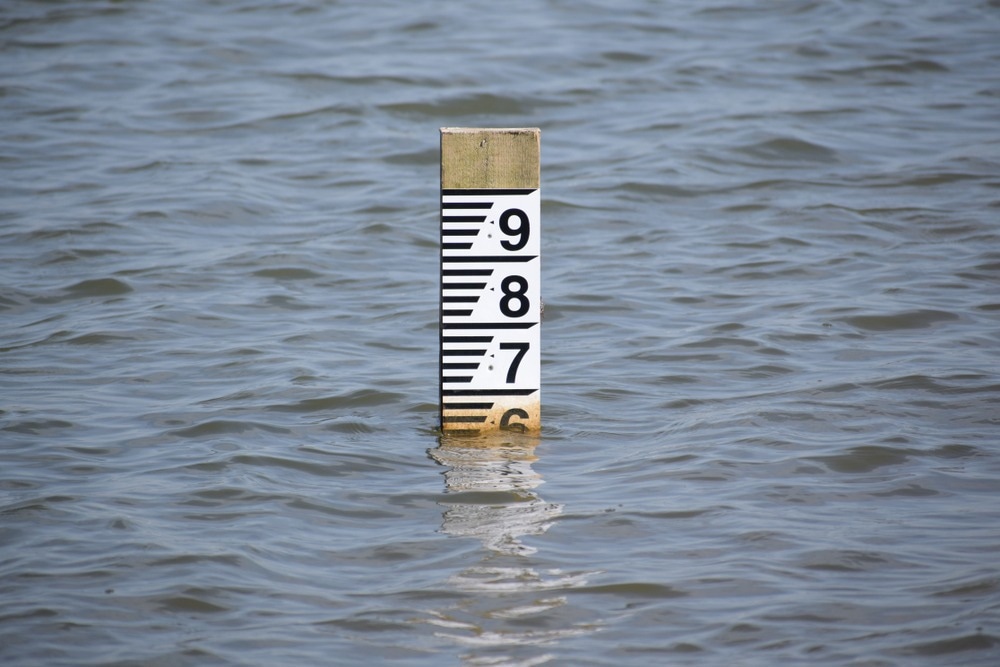According to new research in Earth’s Future guided by Andra Garner, a Climate Scientist at Rowan University, most communities in the United States misjudge how much the sea level will rise in their location.

Image Credit: Mike Connelly/Shutterstock.com
Garner and co-workers gathered a database of the most recent regional climate projections in 54 locations across the continental United States and Puerto Rico and compared their estimates of sea level rise to the latest United Nations-appointed Intergovernmental Panel on Climate Change (IPCC) assessment report.
Our goal was to find out what the guidance documents being developed by local stakeholders for local stakeholders are planning for, and then compare them to the state-of-the-art science.
Andra Garner, Climate Scientist, Rowan University
Garner intends to find and address gaps in how communities use the most recent sea level rise assessments in policy choices.
Garner discovered that, compared to the IPCC regional forecasts, more than half of the investigated sites in the United States underestimate the upper end of potential sea level rise. The research was published in AGU’s Earth’s Future, which covers interdisciplinary research on the planet and its inhabitants’ past, present, and future.
You do need to be preparing for those less likely but highly damaging scenarios. It’s very costly to have planned for an amount of sea level rise that ends up being lower than what we see and then trying to retroactively adapt our infrastructure.
Andra Garner, Climate Scientist, Rowan University
Local policymakers, in many cases, particularly in Southern states, rely on a single average estimate of sea level rise for their area instead of accounting for more extreme possibilities. In such circumstances, policymakers fail to take into account the probability of exceptionally high sea levels caused by greenhouse gas emissions as well as other factors like land subsidence.
Furthermore, they may fail to account for uncertainty in high-end scenarios for either sea level or emissions.
Focusing on a single estimate “constricts the picture of what you are looking at,” making local governments more exposed to the less likely but still feasible and more harmful upper bounds on sea level rise, stated Garner.
According to the IPCC, places that depend on the lowest estimates of sea level rise in their local assessments may see the largest sea level rises in the country.
Incorporating a range of potential sea level rise scenarios into local assessments could allow for more adaptable mitigation methods that change based on how risk-averse a certain project is.
For example, it may not matter if a park floods regularly, and its creators may be able to build around lower forecasts of sea level rise. On the other hand, a hospital that routinely floods raises public health risks and may necessitate planning its development around upper estimates of sea level rise.
According to Garner, IPCC regional assessments are “extremely accessible and easily accessible to anyone who wants it through the NASA sea level change portal,” which is good news for these communities.
You can choose almost any point at any coastline around the world, click on that point and pull up the sea level projections there for any different number of emission scenarios to really see what the spectrum might be for your location.
Andra Garner, Climate Scientist, Rowan University
Journal Reference:
Garner, A. J., et al. (2022) Evaluating Knowledge Gaps in Sea-level Rise Assessments from the United States. Earth’s Future. doi.org/10.1029/2022EF003187.